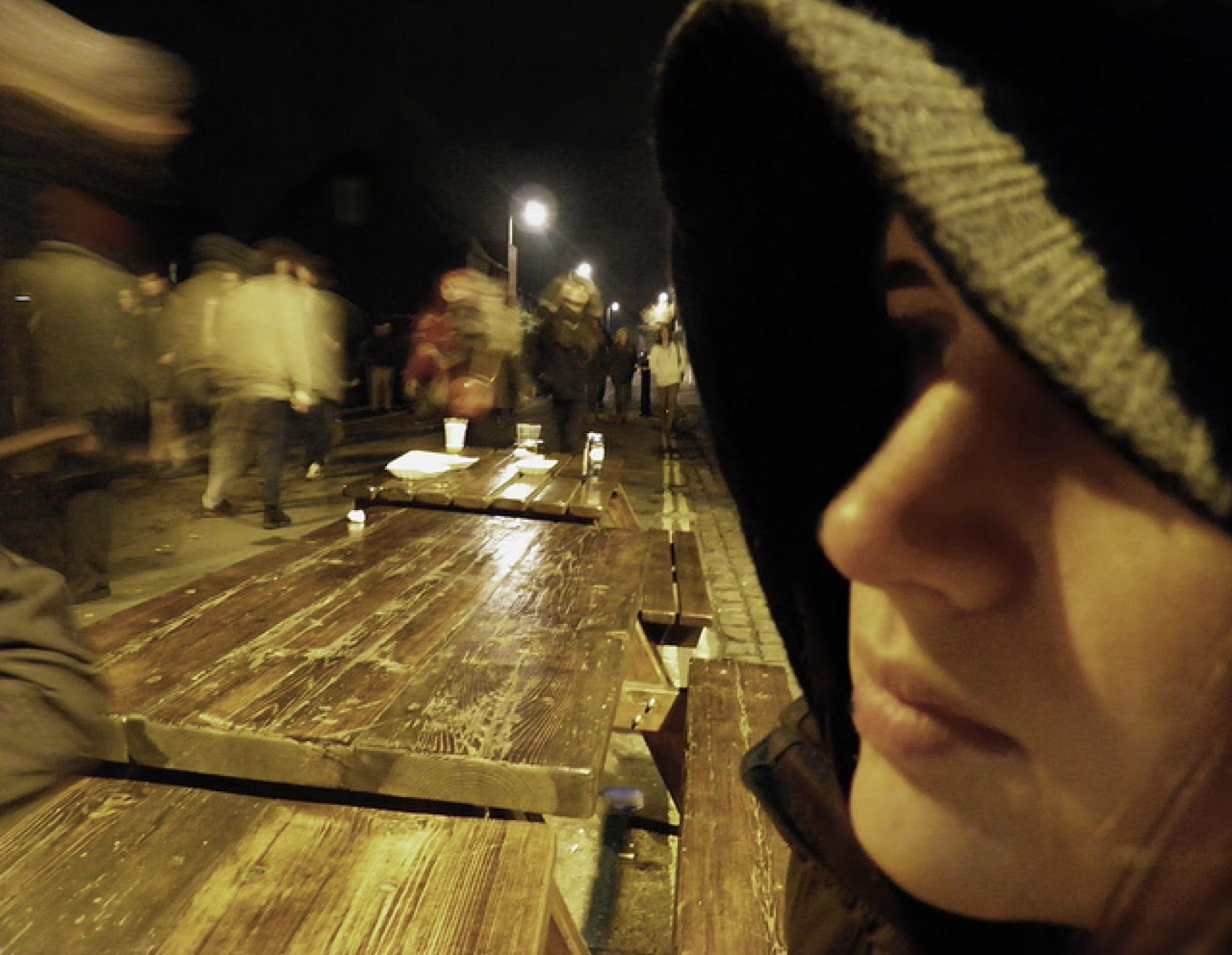Human trafficking, which represents the recruitment, transport, receipt and harboring of people for the purpose of exploiting their labor, affects almost all parts of the world and it is having a negative impact on human development progress. According to the 2016 Slavery Index there are today some 46 million men, women and children in modern day slavery, with about half in Asia. These victims, who can be found in factories, construction sites, within fisheries and sex venues, are forced to work for little or no pay, deprived of their freedom, human rights and dignity and often subjected to unimaginable suffering.
While most people think that human trafficking focuses primarily on women and girls being forced into the sex industry, this represents about 25 percent of the total cases. The remaining 75 percent fall under the heading “forced labor”, largely in manufacturing industries
Over more than a decade, those working to prevent human trafficking have made little headway. While individual, small-scale success stories can be found, many victims are never identified. For example, the 2015 Trafficking in Persons Report (TIP Report) was only able to account for 50,000 victims receiving assistance globally. During the same time period, there were less than 4,000 convictions. This means that less than 0.1 percent of the victims are being identified and assisted each year. This number has remained unchanged for several years.
Why are these numbers so low?
As the 2015 Human Development Report ‘Work for Human Development’ stated: “trafficking occurs on a large scale, but its extent is difficult to assess. It can be tricky to judge whether migration is voluntary or forced and difficult to extract data specifically on trafficking from data on other forms of illegal migration and exploitation. And because the activity is illegal, victims are unwilling to report abuse for fear of being deported.”
According to the International Labor Organization (ILO), the profits generated from this illicit trade are estimated to exceed US$150 billion annually. But despite the size of the problem, annual global donor contributions add up to only around US$350 million, which represents approximately one percent of total profits generated by the criminals. With this in mind, it is not surprising that the number of trafficked persons continues to increase. In fact, the UN has indicated that there are more slaves in the world today than at any other time in history.
For the world to really make a difference in addressing this problem, as stated in Target 8.7 of the Sustainable Development Goals , the private sector must become a player in this fight. Why should the business world care about this? First, most forced labor cases have some direct or indirect link with the private sector. Unlike the United Nations and other civil society organizations, the private sector knows how to root out bad businesses and already has the necessary skills and capabilities to tackle the problem, e.g. legal, compliance, accounting, communications, and financial expertise. Second, labor trafficking often under-cuts the price of legitimate businesses, offering an unfair advantage to those involved. Third, when human trafficking occurs in a particular business sector, it can result in an entire industry receiving a “bad name.” This trend is emerging in the electronics, garment, chocolate and seafood sectors. Fourth, this topic is becoming a growing public concern (similar to environmental issues), with more and more consumers asking questions about whether the products they buy are “slave free.” Fifth, with new legislation out of North America and Europe, it will be expected that most Corporate Social Responsibility declarations address this topic. Finally, and most importantly, slave-like conditions have been and will always be incompatible with good business.
What can retail and manufacturing companies do to play a role in addressing the problem? First they can look at their business to determine if there are any risk factors. Based on this risk, companies can take specific measures to maintain a slave-free supply chain, including:
- Conducting investigative audits that illuminate the real conditions faced by workers throughout the continuum of the supply chain and describe them in to corporate decision-makers;
- Training for staff in global corporations and their suppliers with the goal of expanding awareness and helping reduce the negative impacts of global sourcing;
- Consulting at the points of maximum leverage on how to implement effective human rights protections within global businesses; and
- Facilitating multi-stakeholder initiatives that join private sector business, workers, labour, civil society and governments to focus on both strategic and practical levels with the goal of achieving positive social change.
In addition to these internal actions, every corporation is encouraged to explore ways of using their skills, expertise and comparative advantage to be part of the solution and come up with new, innovative approaches. For example, a law firm could come up with legal remedies. A communications corporation could come up with technology and IT solutions. It is about asking themselves the basic question – “What if this was our problem -- how would we go about addressing it?”
Matt Friedman is an international human trafficking expert with more than 25 years of experience as an activist, program designer, evaluator, and manager.
Photo credit: (cc) KenC1983
The HDIalogue blog is a platform for debate and discussion. Posts reflect the views of respective authors in their individual capacities and not the views of UNDP/HDRO.
HDRO encourages reflections on the HDIalogue contributions. The office posts comments that supports a constructive dialogue on policy options for advancing human development and are formulated respectful of other, potentially differing views. The office reserves the right to contain contributions that appear divisive.


